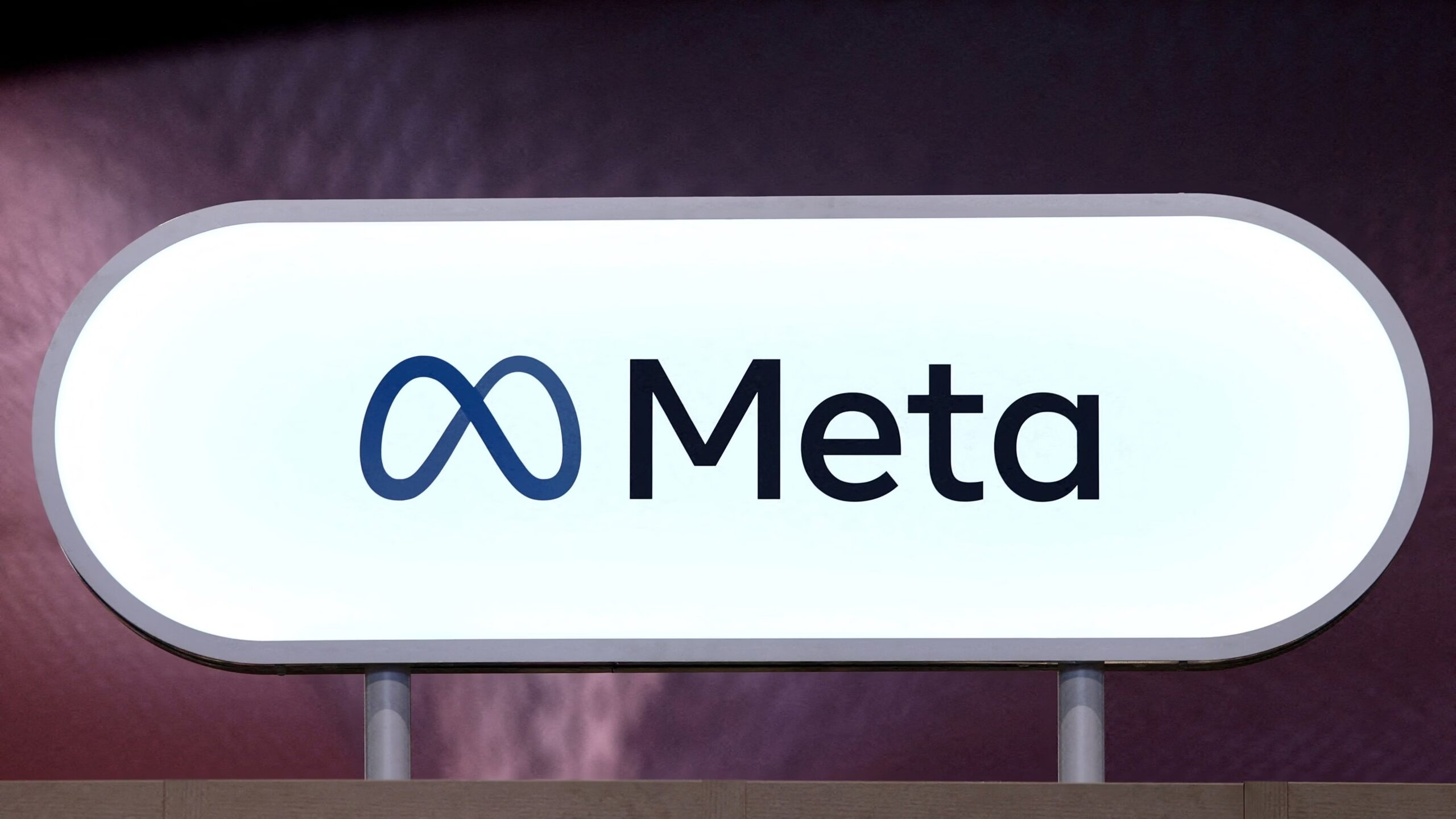
Meta will soon show ads and other content to users based on their interactions with the company’s digital assistant and related products powered by generative artificial intelligence. The social media giant announced the update to its recommendation system on Wednesday, with the new policy set to go into effect on December 16. Users will begin receiving notifications of the change on October 7. This move underscores how Meta is attempting to better tie its multibillion-dollar investments into generative AI with its core online advertising business.
The company currently provides generative AI abilities through its Meta AI digital assistant, which is integrated across its apps like Facebook, Instagram, WhatsApp, and Messenger. The assistant is also available as a standalone app and on the web. Users can interact with Meta AI like they would with OpenAI’s ChatGPT, asking it to provide directions or generate images.
How the New System Will Work
Meta privacy and data policy manager Christy Harris said that people already assumed the company was incorporating generative AI interactions with ad targeting. Harris provided an example of how the update could influence content and ads: if a user chats with Meta AI about planning a family vacation, the digital assistant’s responses could influence the kind of Reels videos they are recommended on Facebook or the ads they see for hotels. She also confirmed that people’s voice interactions with the Meta AI assistant when wearing the company’s Ray-Ban Meta glasses will also influence the recommendation engine. The recommendation update will not take into account interactions with Meta AI via WhatsApp unless people link their accounts on the messaging service to other apps like Instagram.
Harris noted that people will not be able to opt out of the recommendation engine change, but if they don’t interact with Meta AI, the update “won’t apply to them.” Meta plans to debut the recommendation update to users in the U.K. and the EU “following our usual regulatory updates.”
Privacy Concerns and Broader Context
The announcement comes as Meta has invested heavily in generative AI, which it said will “result in a 2026 year-over-year expense growth rate that is above the 2025 expense growth.” CEO Mark Zuckerberg said in May that the Meta AI digital assistant had reached 1 billion monthly active users, though that figure is not specific to the standalone app. At that time, Zuckerberg said there would eventually be “opportunities to either insert paid recommendations” or offer “a subscription service.”
Harris said the company wanted to be “super transparent about it and provide a heads up before we actually begin using this data in a new way, even if people already thought that we were doing this.”
What The Author Thinks
This new policy marks the next frontier of targeted advertising, where a company can monetize not just what a user searches for or posts, but their private conversations with an AI. While Meta claims this is a “natural progression” of its personalization efforts, it’s a significant and potentially invasive step. The fact that users cannot opt out of this, and the company’s own privacy manager admits that people already assume it’s happening, suggests a company that is being forced into a new area of monetization to justify its massive AI investments. This could lead to a new level of user distrust and regulatory scrutiny, as the line between a helpful assistant and a tool for ad targeting becomes virtually nonexistent.
Featured image credit: Heute
For more stories like it, click the +Follow button at the top of this page to follow us.
